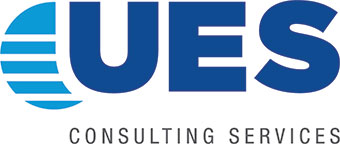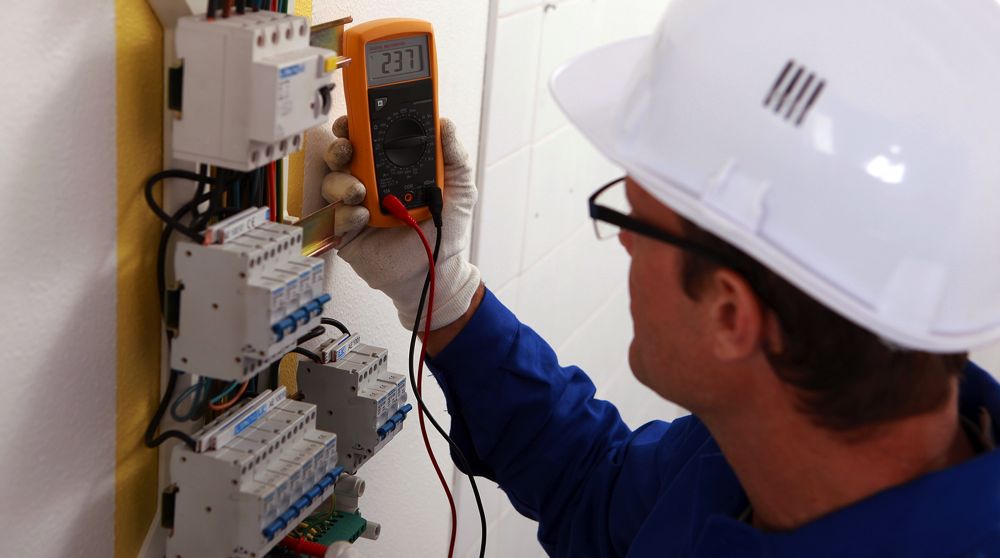Everything to know about Qualified Opportunity Zones in the United States
So… what exactly is an Opportunity Zone?
Opportunity Zones are economically-distressed communities where new investments, under specific conditions, might be eligible for preferential tax treatment. Districts are eligible to be Opportunity Zones if they have been submitted for that classification by the state and that submission has been certified by the Secretary of the U.S. Treasury via his delegation of authority to the Internal Revenue Service.
What is the purpose of Opportunity Zones?
Opportunity Zones serve as an economic development tool. Furthermore, they are modeled to stimulate economic development and higher the job rate in distressed communities.
Have Opportunity Zones been around for a long time?
No, they were added to the tax code by the Tax Cuts and Jobs Act on December 22, 2017. The first set of Opportunity Zones, covering sections of 18 states, were selected on April 9, 2018. Opportunity Zones have now been appointed covering sections of all 50 states, five U.S. territories and the District of Columbia.
What is a Qualified Opportunity Fund?
A Qualified Opportunity Fund (QOF) is an investment vehicle that is designed as either a partnership or corporation for investing in qualified property that is in a Qualified Opportunity Zone.
How do Opportunity Zones stimulate economic development?
They are designed to boost economic development by providing tax benefits to investors. First off, investors can postpone tax on any prior gains invested in a Qualified Opportunity Fund (QOF) until the earlier of the date on which the investment in a QOF is sold or exchanged, or December 31, 2026. If the QOF investment is held for more than 5 years, there is a 10% exclusion of the postponed gain. If held for longer than 7 years, the 10% becomes 15%. Next, if the investor holds the investment in the Opportunity Fund for at least ten years, the investor is qualified for growth in basis of the QOF investment equal to its fair market value on the date that the QOF investment is sold or exchanged.
Do I have to live in an Opportunity Zone to gain the tax benefits?
The answer is no. You may get the tax benefits, even if you don’t work, live or have a business in an Opportunity Zone. You just need to invest a recognized gain in a Qualified Opportunity Fund and elect to defer the tax on that gain.
Is there a list of Opportunity Zones obtainable?
Definitely. This list can be found at Opportunity Zones Resources and in the Federal Register at IRB Notice 2018-48. In addition, a visual map of the census tracts designated as Qualified Opportunity Zones can be found at Opportunity Zones Resources.
I want to form a Qualified Opportunity Fund. Can I access a list of Opportunity Zones available in which the Fund can invest?
Yes, this list can be found at Notice 2018-48.
Is it possible for a limited liability company (LLC) to be an Opportunity Fund?
Absolutely. A LLC that decides to be treated as a partnership or corporation for federal tax purposes can classify as a Qualified Opportunity Fund.
How does a partnership or corporation get certified as a Qualified Opportunity Fund?
An eligible partnership or corporation self-certifies by filing Form 8996, Qualified Opportunity Fund, with its federal income tax return. Early-release drafts of the form and instructions are posted, with final versions due in December. The return with Form 8996 has to be filed timely, taking extensions into consideration.
How can I get more information about Opportunity Zones?
Check out this article for more details on Opportunity Zones.
The Treasury Department and the Internal Revenue Service will be giving more details, including further legal guidance, on this new tax benefit.









Leave a Reply
Want to join the discussion?Feel free to contribute!